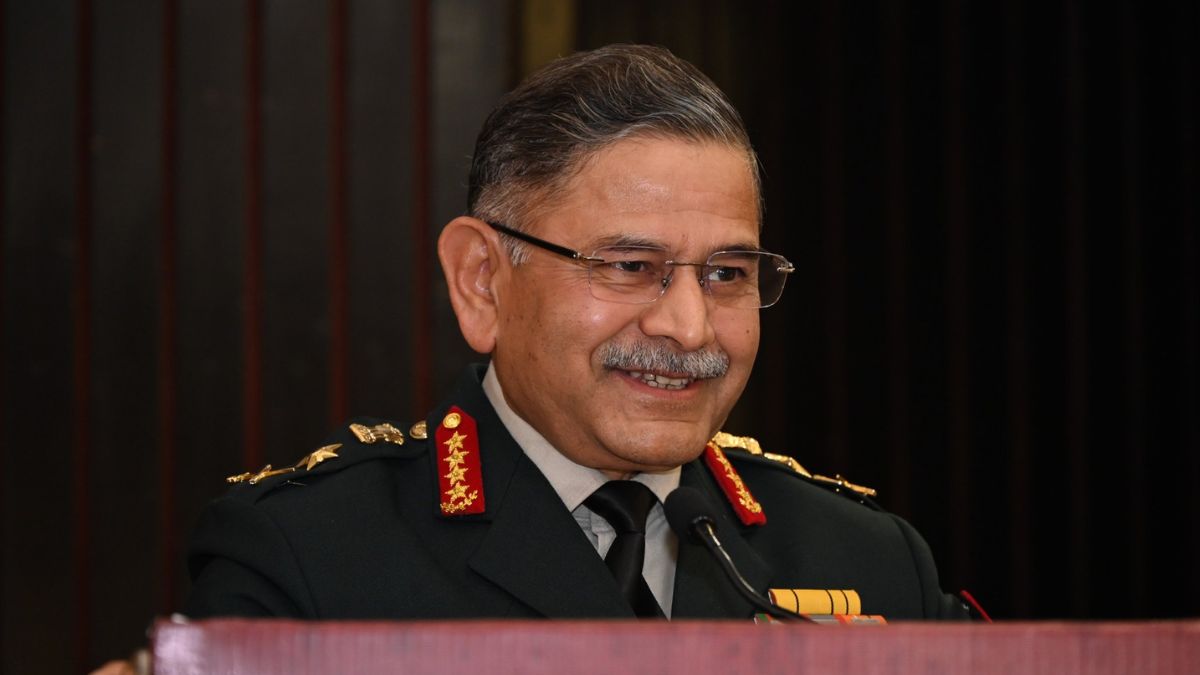Men Only: Delhi HC Says No! Woman Wins Right To Fly In IAF – The Curious Case Of 1 Seat, 20 Vacant Posts

Rejecting the Centre’s reasoning, the bench ruled that the 20 unallocated posts must be filled with deserving women candidates next in line (Image courtesy: AI-generated picture via Sora)
The Delhi High Court has sent a powerful message that gender has no place in determining one’s future, especially within India’s Armed Forces. In a landmark verdict, the court directed the central government to appoint a woman candidate as a pilot in the Indian Air Force, calling gender-based barriers “illogical and anachronistic.”
Criticising the Centre’s decision to keep 20 IAF posts vacant despite there being competent female candidates, who managed to clear the National Defence Academy (NDA) exams, the Delhi HC has ordered that the plaintiff be inducted in the Indian Air Force, adding she would be entitled to be treated at par with the 70 male and 2 female candidates who have been selected and appointed.
Delivering the ruling, Justices C Hari Shankar and Om Prakash Shukla minced said, “The distinction between male and female has, in the present time, been reduced to nothing more than a chance chromosomal circumstance.” The bench stressed that denying opportunities on this basis belonged to another era, one India has outgrown.
Why did the candidate approach the court?
The petitioner, who ranked seventh among women in the 2023 NDA and Naval Academy Examination, discovered that although 2 posts had been earmarked for women and filled, 20 of the 90 remaining flying vacancies were still left unoccupied. She argued that these seats were not exclusively “male” and should rightfully be open to women as well.
What was the Centre’s argument?
The government’s counsel insisted the 90 posts were meant only for men and warned that allowing more women through NDA would cut into quotas available via Air Force Common Admission Test (AFCAT). This was, however, dismissed by the HC stating that the UPSC notification never said those vacancies were “male-only” and that women deserved equal consideration.
How did the court turn the tables and break the ceiling?
Rejecting the Centre’s reasoning, the bench ruled that the 20 unallocated posts must be filled with deserving women candidates next in line. The petitioner, it ordered, must be appointed against one of these flying vacancies with full parity in service benefits alongside her male peers and the 2 women selected through the NDA exam.
Why is this verdict historic and what does it mean for women in uniform?
This isn’t just about one woman securing her rightful place in the cockpit. It is more of a statement that women cannot be pushed aside by outdated rules in spaces where excellence, not chromosomes, should decide who leads. The court’s words resonate the same, “We are, mercifully, no longer in those times in which discrimination could be made between male and female candidates.”
With this ruling, the skies may finally open wider for more women who dream of defending the nation.







